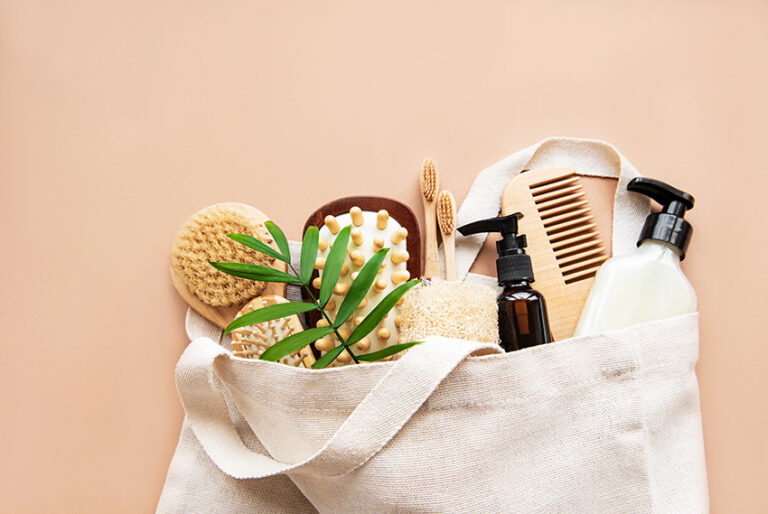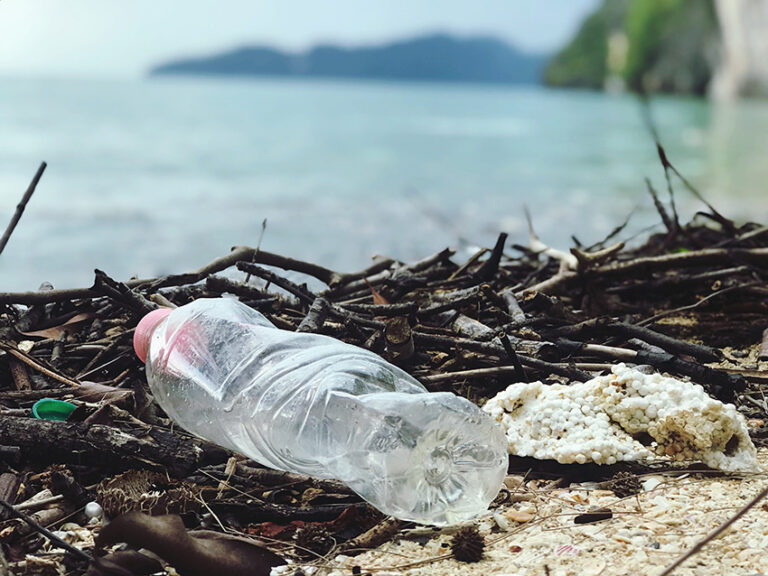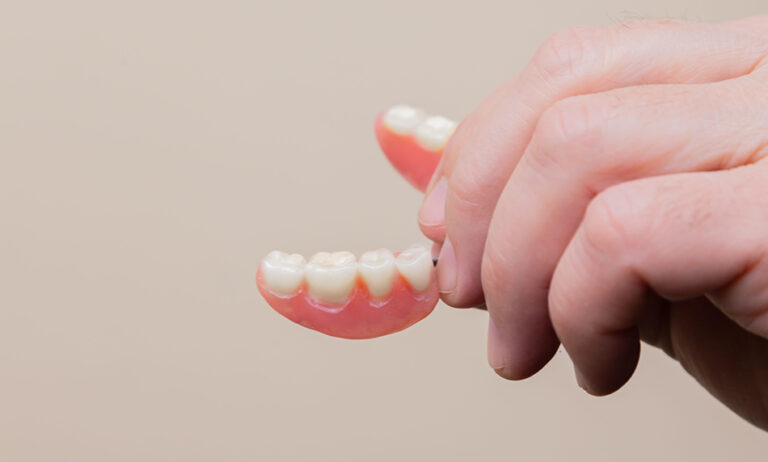Imagine you’re out to eat a celebration dinner with family and friends. You order a nice cold brew with a salmon filet and settle in for a fun night. After a short time, the waiter brings your table mugs of microplastic beads and plates of plastic trash and sides. Would you take a swig and dig in or would you be horrified? Gross, right? Unfortunately, this scenario isn’t too far from the truth; we are ingesting plastics when we eat certain fish and drink beverages from some areas.
For as long as I can remember health gurus (and my Gran) used to say to me: “You are what you eat.” For many of us, that meant fueling our bodies with seafood, fish, and lean cuts of meat with plenty of fruits, vegetables, and grains. Later, when we learned about harmful pesticides, we also ate organic as much as we could. But now there’s a new area to tackle as microplastics are being discovered in the blood and tissue of over half of the fish and seafood we eat.
According to ecologist Chelsea Rochan, microplastics are showing up in our fish, water, sea salt, and beer. “We eat fish that eat plastic,” she says. She is studying both how microplastics get into our food, and how this affects humans. And while she also states that there is much to be learned about how microplastics affect the tissue and organs of humans, it’s impossible to imagine plastic in our bellies isn’t terrible for our health.
As we continue to consume and dump plastic products into the environment, they are degrading into tiny bits of microplastics that pollute our air and water. Some of these particles are microscopic enough to show up in the blood of mussels and earthworms. This is an emergency if you really think about it. We are feeding a generation of humans on foods containing plastic. What happens to one’s health and longevity after a lifetime of ingesting these microplastics? One can only imagine.
Now think about our ecosystems and the health of every animal on the planet over the next decade. Clearly, the production of single-use plastics needs to be reduced immediately.
Every one of us can make a huge difference in the health of our planet by committing to a drastic reduction in plastic consumption. As consumers, we have the power to use our dollars and voices in a call to action to corporations of all sizes to find other alternatives for their products.
We can take a minute with every purchase and consider the effect it has on the health of our loved ones and make the switch (when available) to a biodegradable option. Whether it be opting to change from plastic oral care products to bamboo toothbrushes and floss, or switching up from plastic grocery bags to cloth, everything we do impacts our health and environment in a big way!
Author: Becci Goodall




